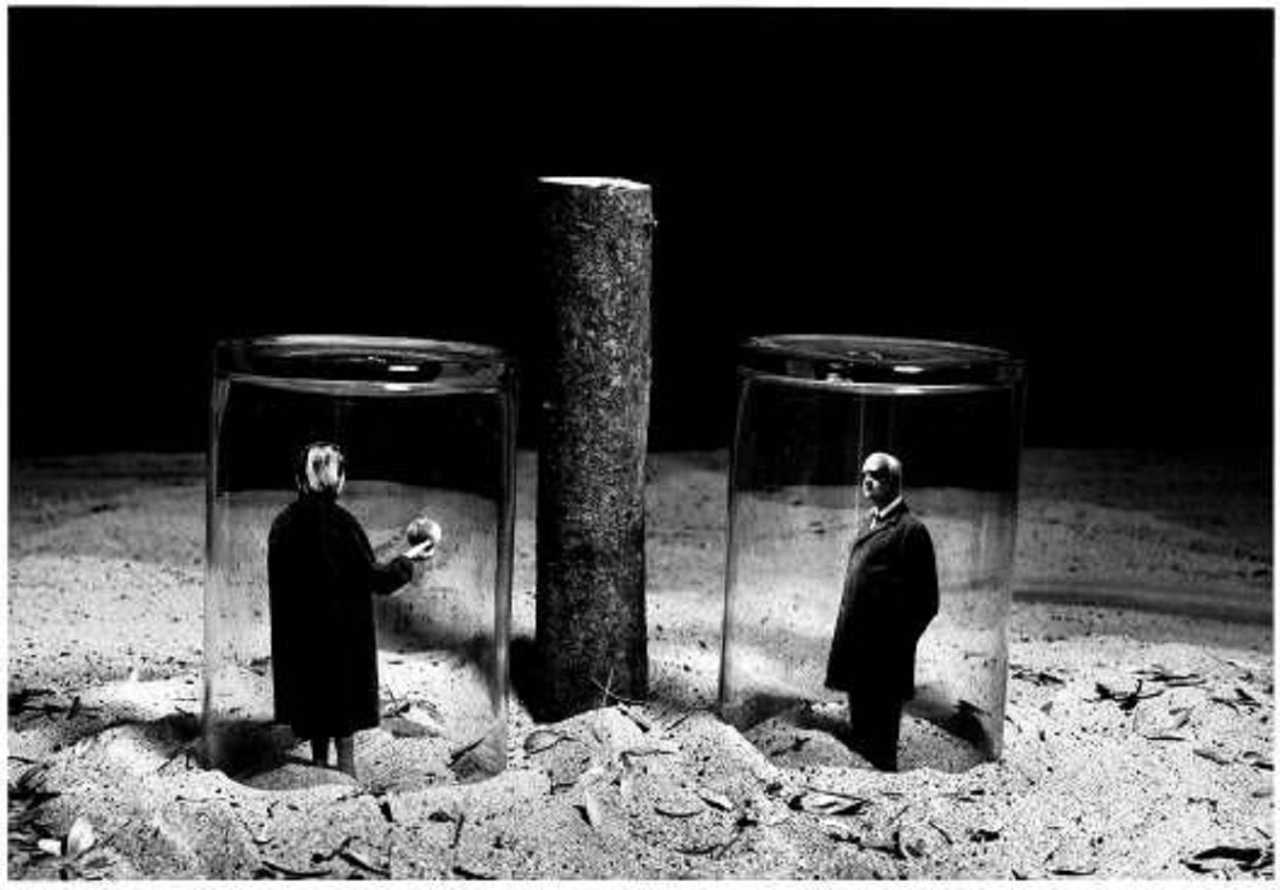UN calling
The UN’s official promise is “Peace, dignity and equality on a healthy planet.” Its organization is that of a global forum (the main one) where countries (193 member states today) can “raise issues, discuss the most complex problems and find a common response.” This is a vast ambition, the promise of which is difficult to keep, given that the disagreements, and even antagonisms, between member states (including at the Security Council level) have relegated the UN to a mere pipe dream, with a structure ossified by too many compromises to address global challenges.

And yet, the shift recently made by its General Secretary, Antonio Guterres, is particularly interesting. What if the UN’s goal was not only to mobilize states but also businesses, as both parts of the problem and the solution? Could businesses become not only geopolitical players but also part of the UN system?
Three of Antonio Guterres’ calls go in this direction:
- His address on May 25, 2022, during the graduation ceremony at Seton Hall University (US): “My message to you is simple. Don’t work for the climate destroyers. Use your talents to lead us towards a renewable future.”
- His call at the Stockholm Summit on June 1, 2022, to do away with GDP as an indicator of countries’ economic weight, describing it as an accounting system “that rewards pollution and waste”: “Let’s not forget that when we destroy a forest, we create GDP. When we overexploit, we create GDP. GDP is not a means of measuring wealth in the current state of the world.”
- Finally, his direct call to businesses on June 4, 2022, during World Environment Day: “Companies must place sustainability at the heart of their decisions, for the good of humanity as well as their bottom line.” […] “Each and every one of us must make choices that matter, whether it’s the policies we support, the food we eat, the modes of transportation we choose, or the businesses we give our money to.”
“Could businesses become not just geopolitical players but also part of the UN system?”
With new generations bearing a heavy responsibility for the choices of businesses they choose to perpetuate, with businesses whose financing tomorrow will be increasingly subject to the reality of their societal and environmental commitments, and facing the important debate on the relevant indicators to assess progress in terms of equality, environmental protection and human rights, which businesses will respond to the call? And what new project will they propose?

